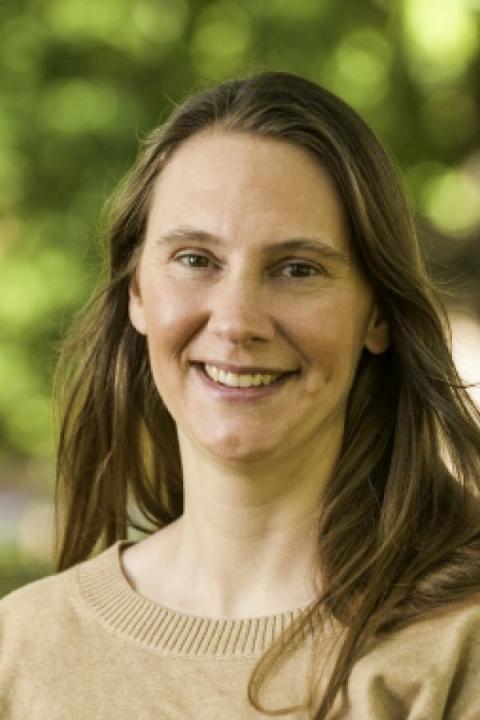Melissa Aikens is an assistant professor in the Department of Biological Sciences at the University of New Hampshire. She received an A.B. in Biology and Environmental Studies from Bowdoin College, and a Master’s in Forest Science from the Yale School of Forestry and Environmental Studies. Melissa then spent several years teaching 7thgrade science in Revere, MA. Melissa returned to school to pursue a PhD in Biology at the University of Virginia, where she studied plant ecology and evolutionary biology in the lab of Deborah Roach. Following her PhD, she conducted postdoctoral research in undergraduate biology education under the mentorship of Erin Dolan at the University of Georgia and the University of Texas at Austin. At UNH, Melissa teaches Introductory Biology: Evolution, Biodiversity, and Ecology and is involved in mentorship training of faculty, graduate students/postdocs, and external internship advisors through an NSF INCLUDES grant. She is an active member of the Society for the Advancement of Biology Education Research (SABER).
My research group is generally focused on understanding how pedagogical strategies influence affective components related to motivation, such as interest, self-efficacy, and anxiety, and how these in turn influence students’ performance and academic choices in biology. In particular, a large focus is on understanding how we can enhance biology students’ motivation and performance on quantitative tasks, such as mathematical modeling problems. We are also interested in topics related to faculty professional development and mentoring of undergraduates in research or internships.
- Biology majors’ values for quantitative tasks: Assessment of landscape, the extent to which values can change over the course of a semester, and their relationship to performance
- Group work: How it influences students’ values and self-efficacy for quantitative tasks
- Affordances and constraints for Community College faculty to teach quantitative skills in biology courses (collaboration with Lisa Corwin, CU-Boulder, and Stacey Kiser, Lane Community College)
- Interest, career goals, and self-efficacy in biology majors: How these influence access to disciplinary experiences and retention in the biology field beyond college (collaboration with Lisa Corwin, CU-Boulder, and Sarah Eddy, FIU)
- Mentoring of community college engineering students in research experiences and industry internships (collaboration with Steve Hale, UNH, Brad Kinsey, UNH, and Leslie Barber, Great Bay Community College)
- How self-beliefs and values related to motivation influence achievement and persistence in undergraduate biology students.
- How students’ educational experiences in quantitative biology affect their self-efficacy and personal values towards quantitative biology tasks, their performance on quantitative biology tasks, and their choices to take additional quantitative biology.
- Persistence in the biology major: examining the experiences and values of different student groups may provide insight into why some groups continue to be underrepresented in the field of biology.

